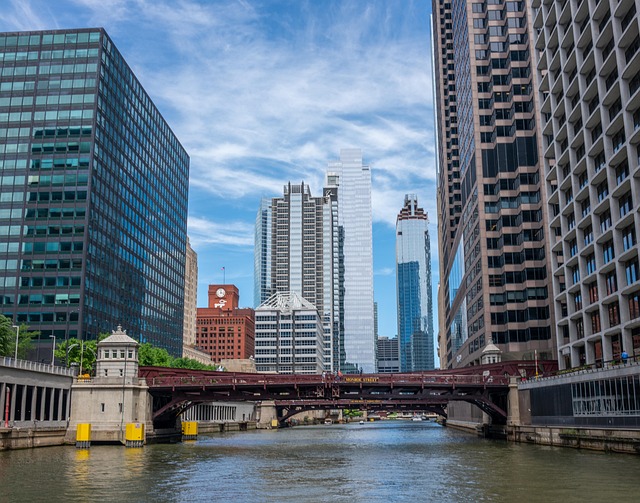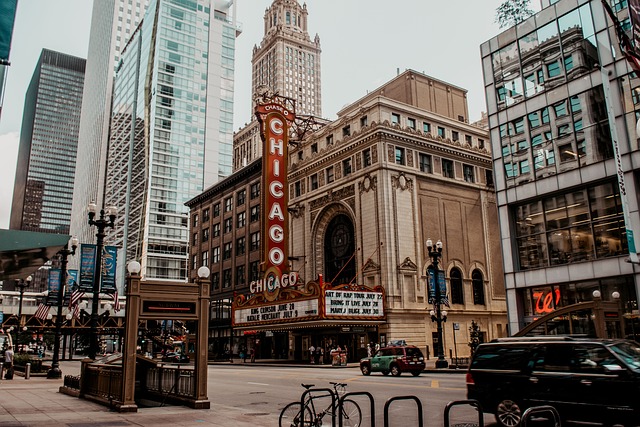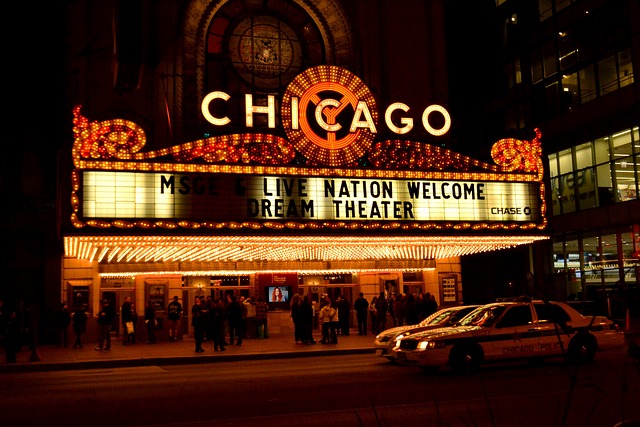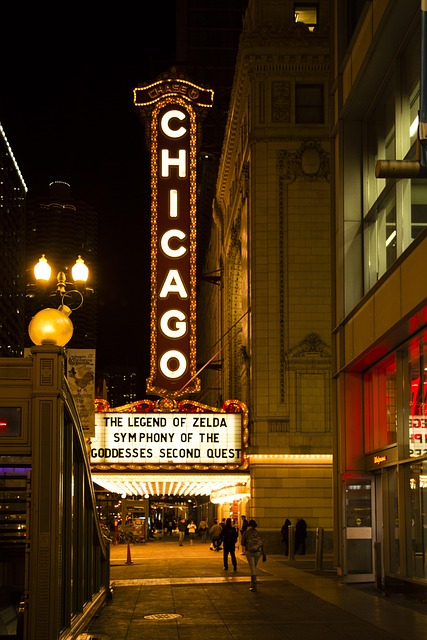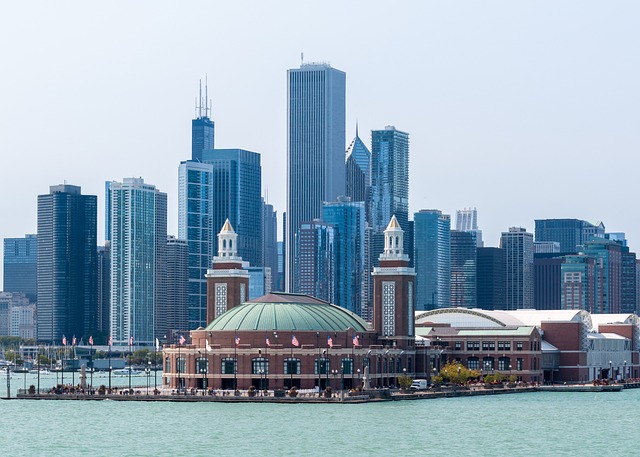House flipping has transformed Chicago's housing market, with investors buying fire-damaged properties at discounted rates, renovating them, and quickly reselling for a profit. This trend revives affected communities but raises concerns about gentrification and displacement when rapid property value increases outpace long-term residents' affordability. Successful selling of fire-damaged houses in Chicago requires assessing damage, accurate valuation, strategic marketing, and expertise from professionals who inspect, estimate costs, oversee repairs, and ensure the property's appeal to new residents.
“In the competitive real estate market of Chicago, house flipping has emerged as a dynamic and lucrative strategy. This practice involves purchasing distressed properties, such as those damaged by fires, renovating them, and quickly reselling for a profit.
This article explores the art of house flipping in Chicago, with a focus on understanding the process and its benefits, particularly when dealing with fire-damaged homes. We’ll guide you through the steps of navigating this niche market, providing valuable insights for both seasoned flippers and those new to the game.”
- Understanding House Flipping and its Impact in Chicago
- Navigating the Process: Selling Fire-Damaged Houses in Chicago Efficiently
Understanding House Flipping and its Impact in Chicago
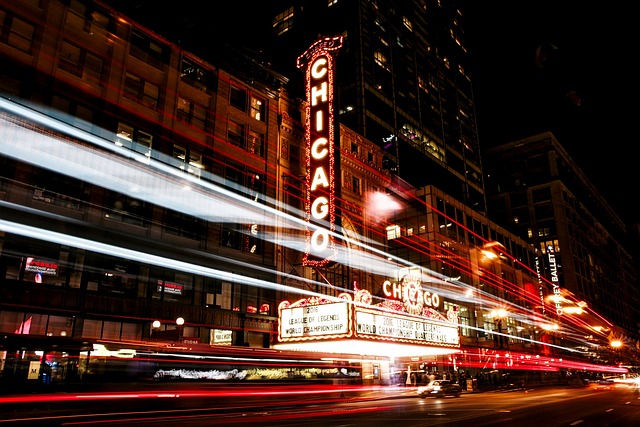
House flipping, a practice where real estate investors buy, renovate, and quickly resell properties for profit, has left an indelible mark on Chicago’s housing market. This dynamic process offers both opportunities and challenges in a city known for its diverse neighborhoods and rich architectural heritage. For those looking to sell fire-damaged houses in Chicago, flipping can present a unique pathway. Investors often specialize in acquiring such properties at discounted rates due to their damaged state, subsequently restoring them, and reselling for significant gains.
This trend has been particularly impactful in areas hit by fires or experiencing urban renewal. Flippers contribute to the revitalization of these communities by investing in infrastructure and design, transforming run-down properties into desirable residences. However, it’s essential to note that house flipping can lead to concerns regarding gentrification and displacement, especially when rapid property value increases outpace long-term residents’ ability to afford housing. As Chicago continues its real estate evolution, understanding the role of flippers in both the city’s growth and its challenges is crucial for navigating the ever-changing landscape of urban living.
Navigating the Process: Selling Fire-Damaged Houses in Chicago Efficiently

Navigating the process of selling a fire-damaged house in Chicago requires a strategic approach. The first step is to assess the extent of damage, which can significantly impact the property’s value. In Chicago, where real estate is competitive, accurately determining the after-repair value is crucial. Professionals specializing in house flipping have the expertise to inspect and estimate costs effectively. They understand that repairing fire damage may involve structural repairs, replacing electrical systems, and updating plumbing—all essential considerations for a safe and market-ready home.
Efficiently selling a fire-damaged house involves marketing it honestly and transparently. House flipping experts in Chicago know how to showcase the potential of a property while highlighting successful renovations. They utilize advanced marketing strategies, including high-quality photography and targeted advertising, to attract buyers who appreciate the transformation from a damaged state to a desirable residence. This process ensures a smoother sale, allowing homeowners to move on with their lives and making way for new residents in this vibrant city.
House flipping has emerged as a significant sector in Chicago’s real estate market, offering both opportunities and challenges. As specialists navigate the intricate process of buying, repairing, and reselling properties, particularly fire-damaged houses, they play a crucial role in revitalizing communities. By efficiently selling fire-damaged homes in Chicago, these professionals not only provide affordable housing options but also contribute to the city’s economic growth. Understanding the unique aspects of this trade is essential for anyone interested in the real estate landscape of Chicago and its potential for transformation.

